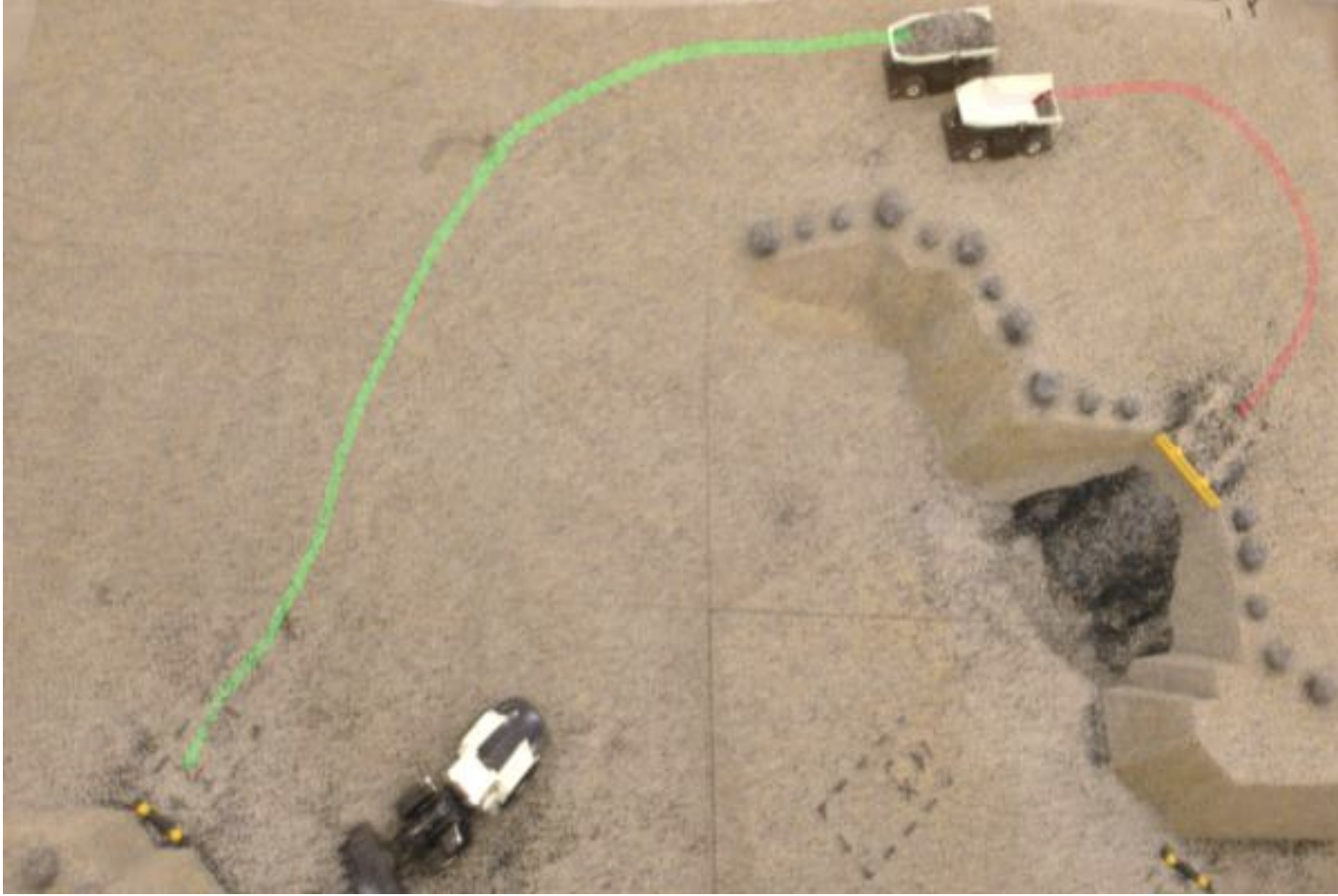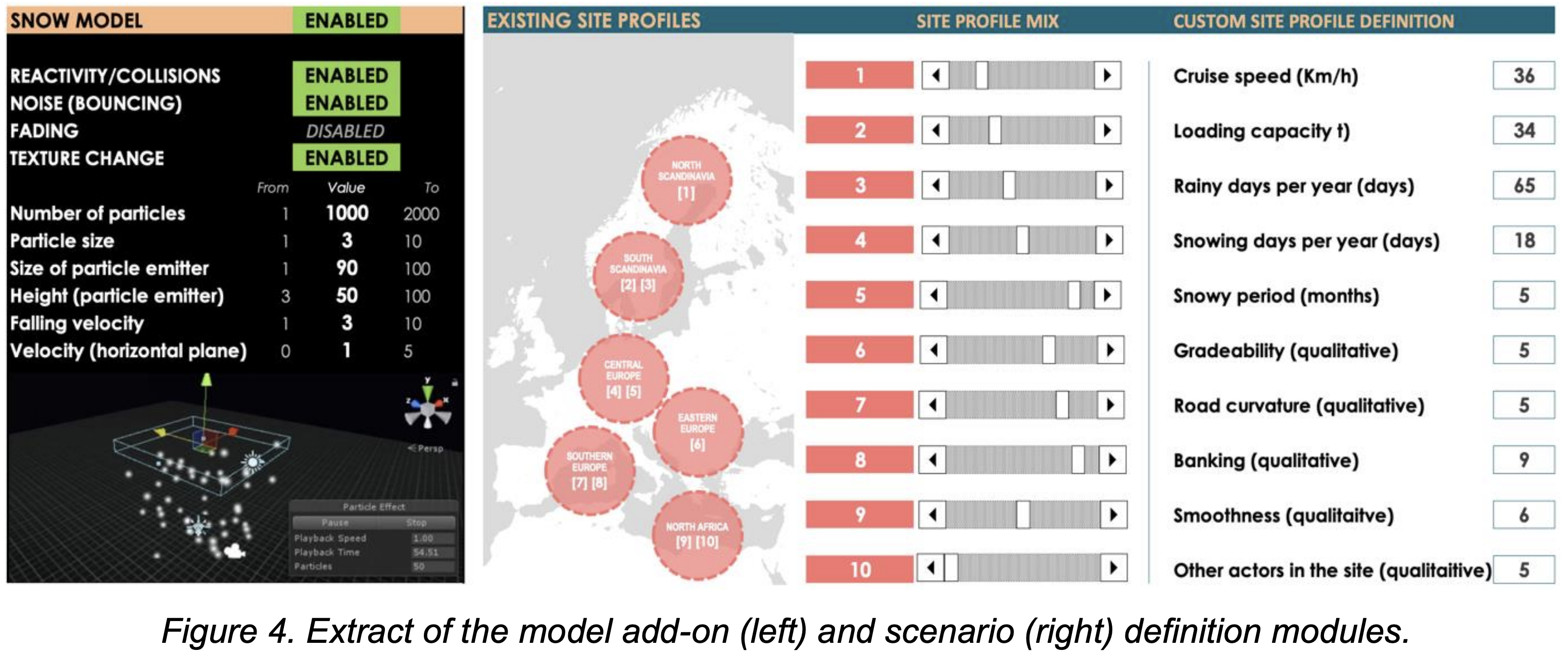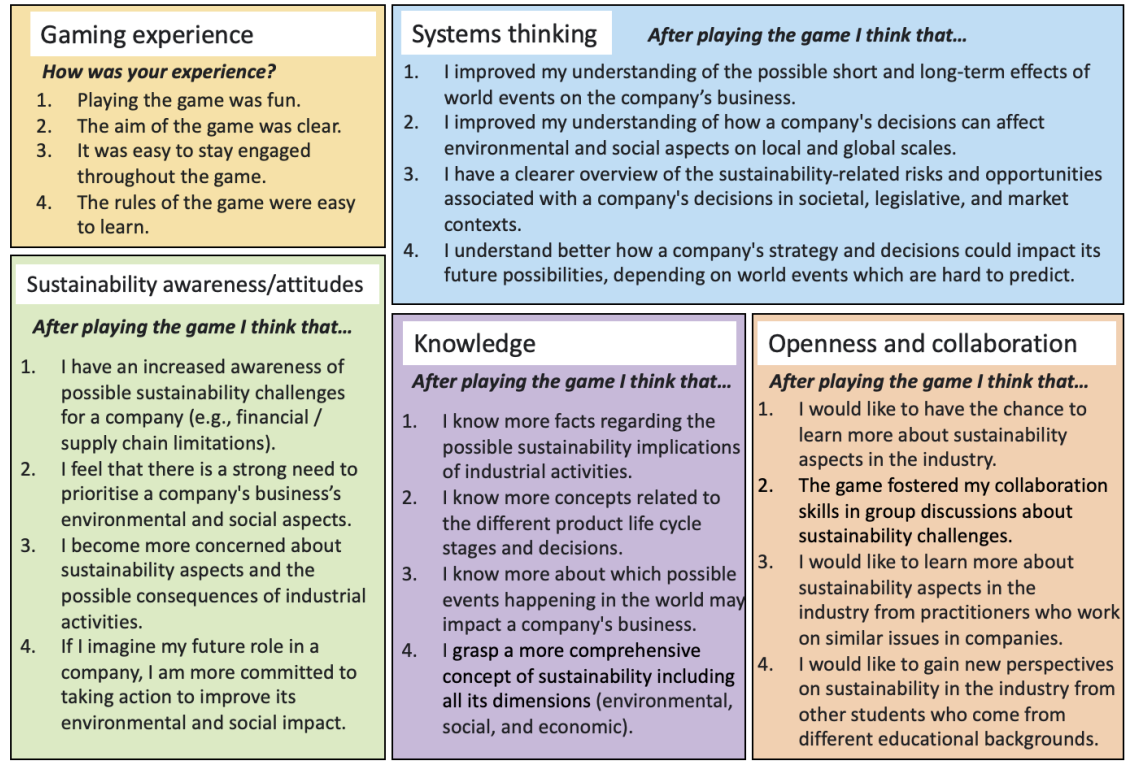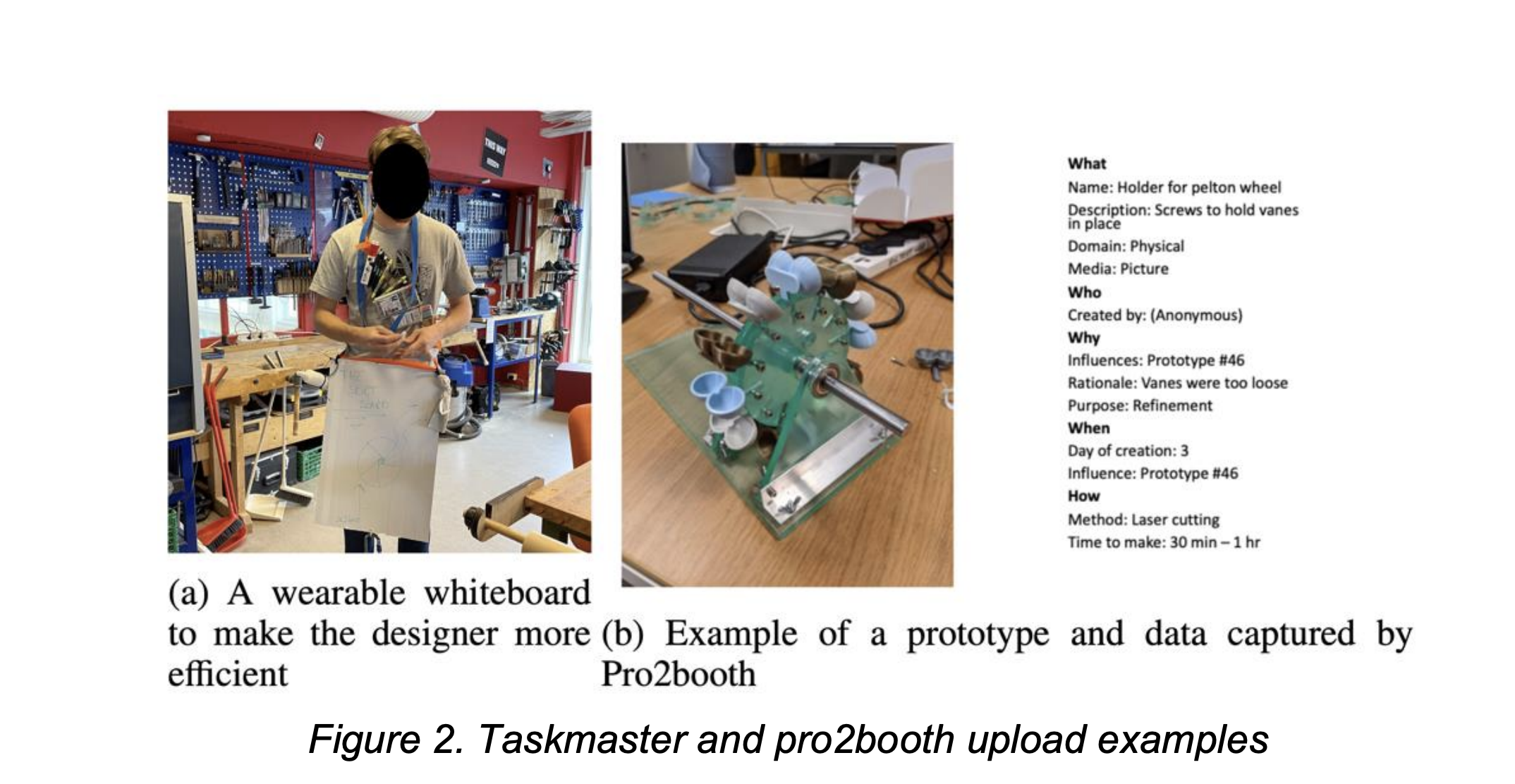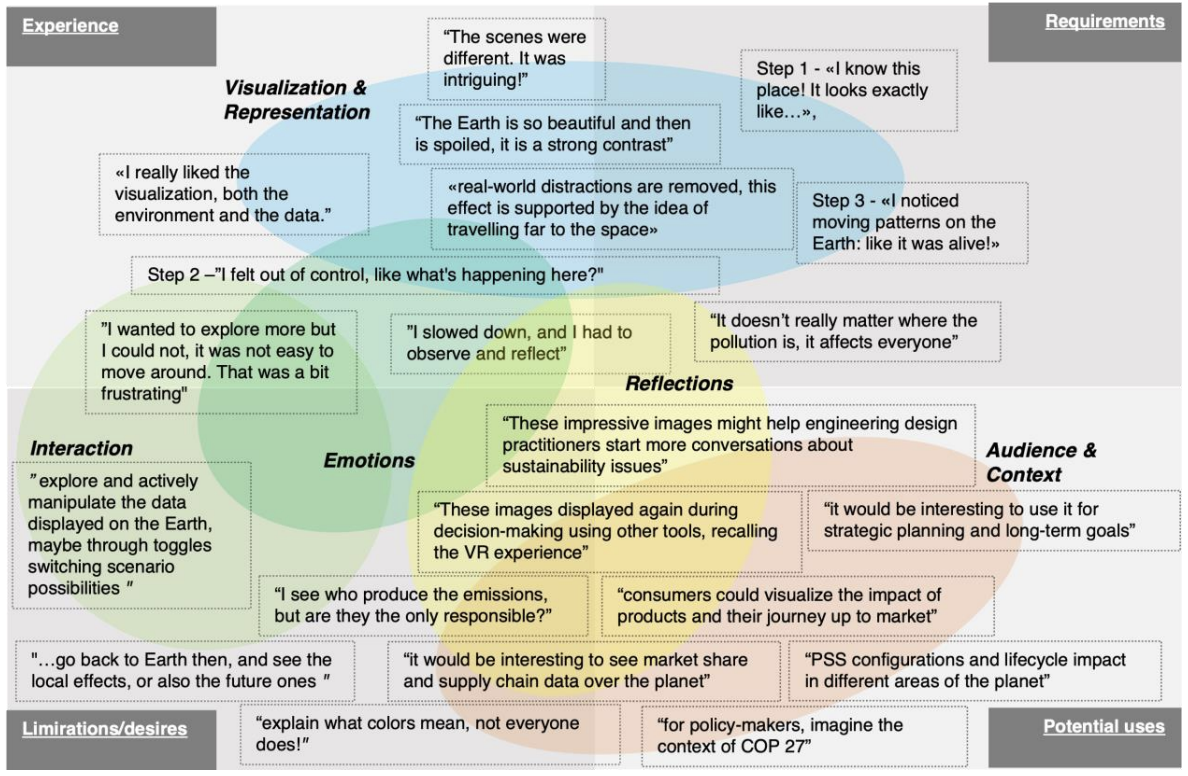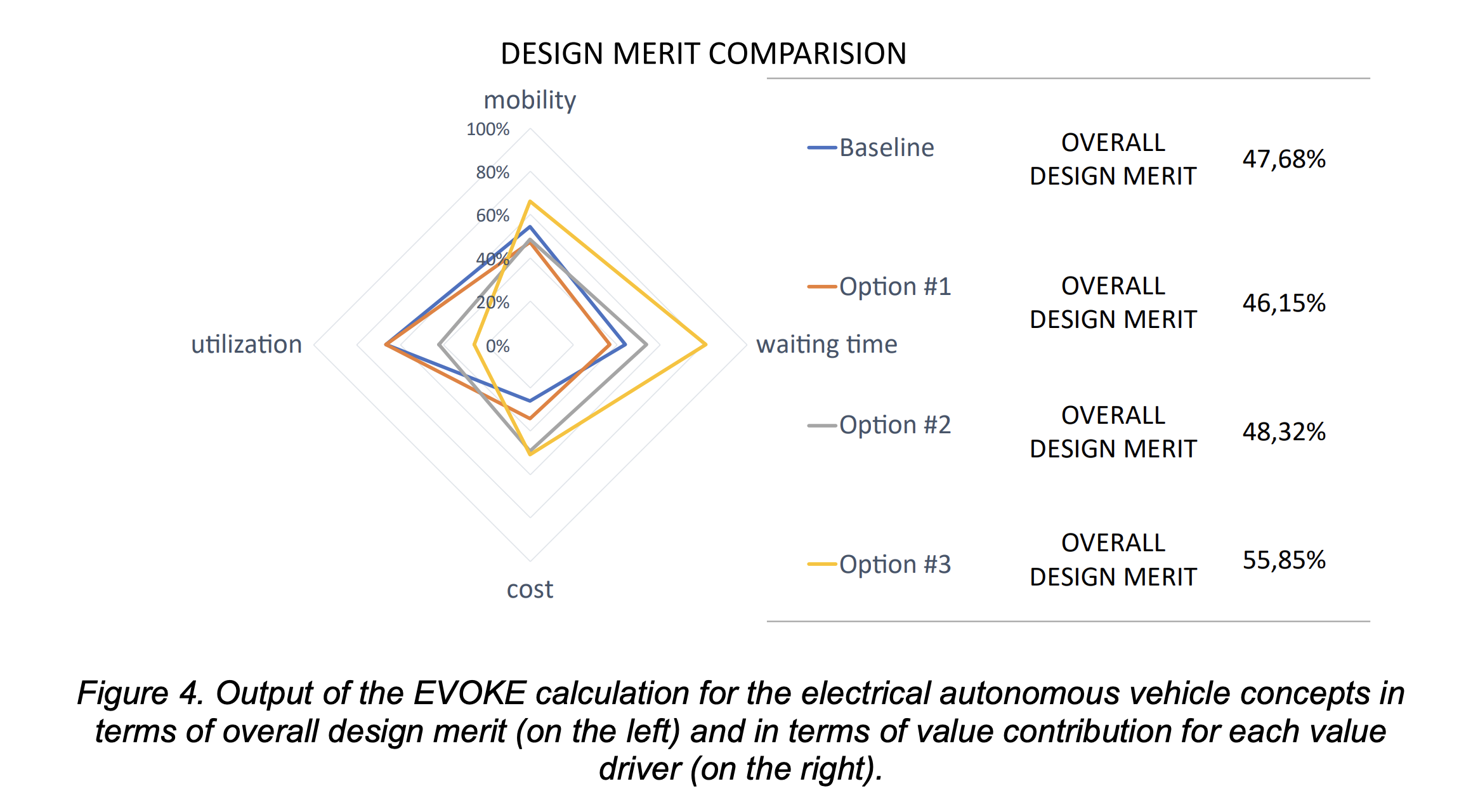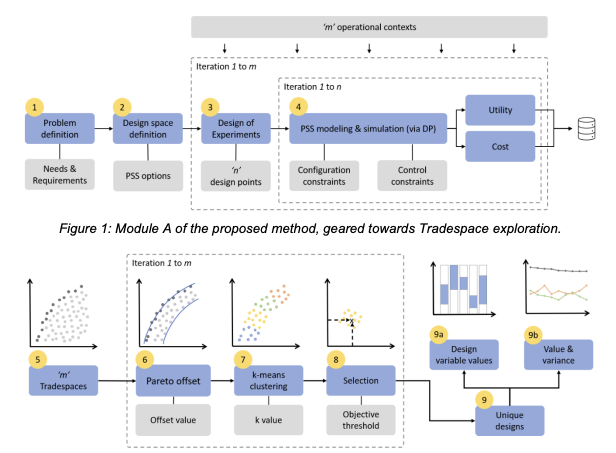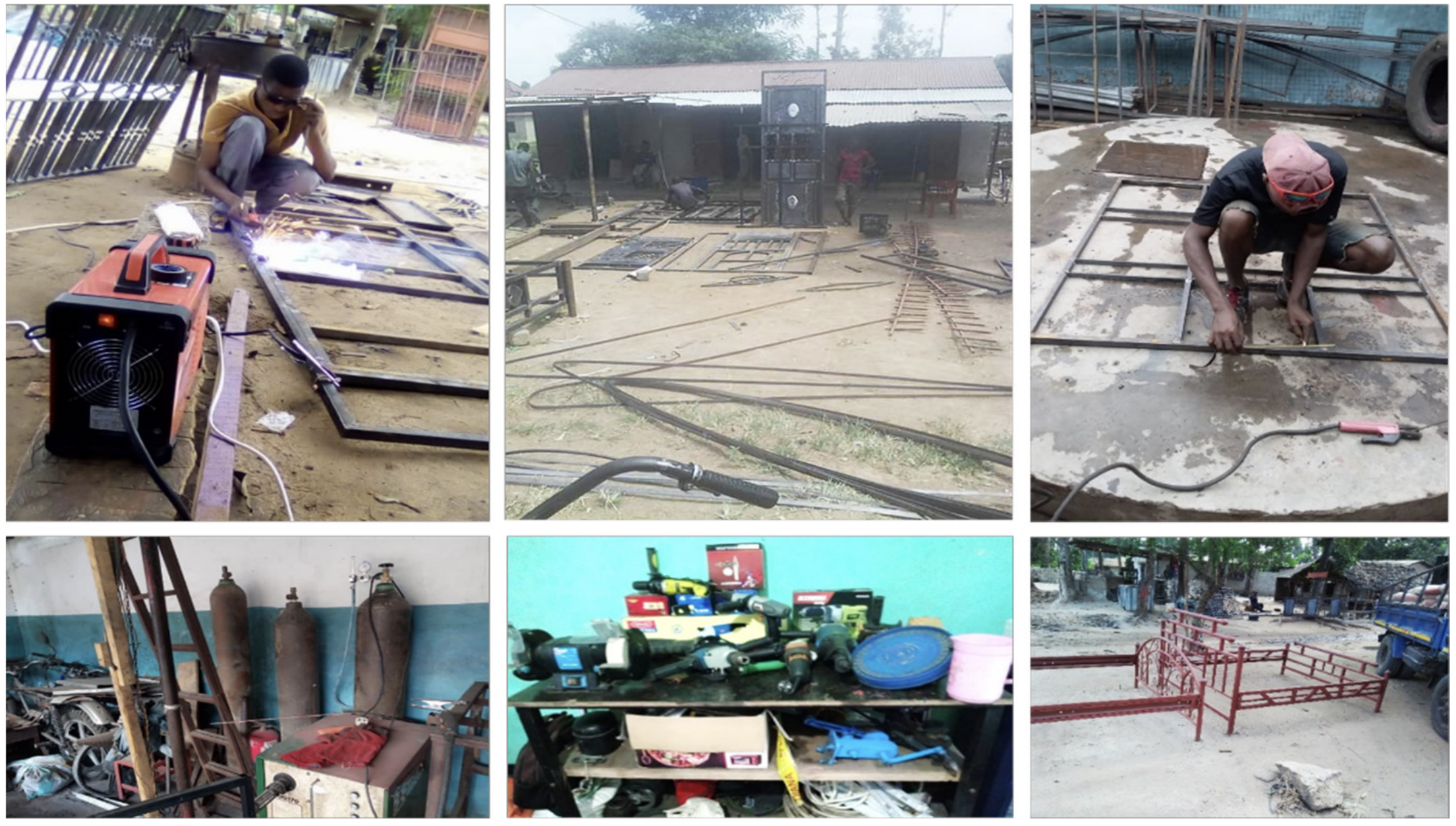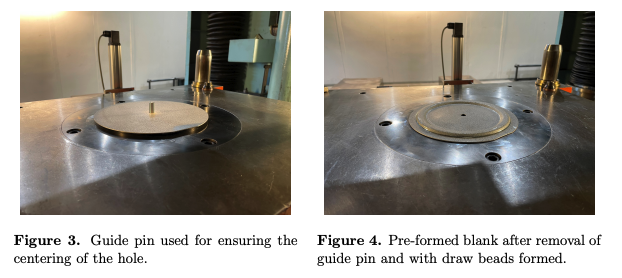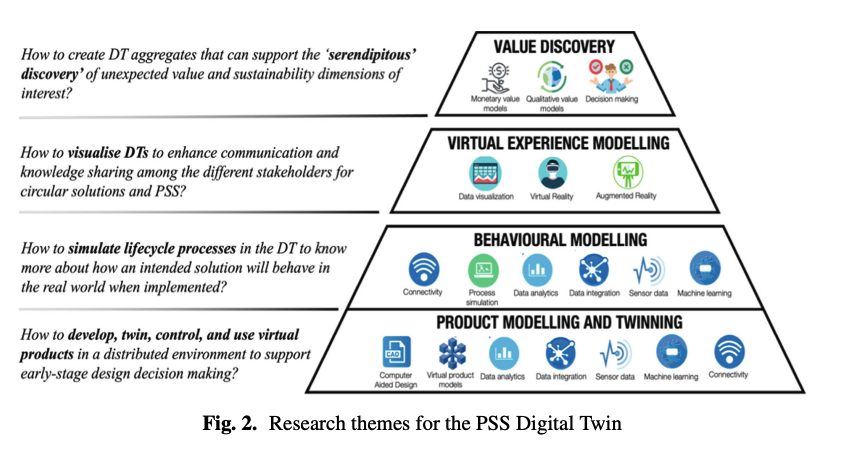Abstract This paper presents an approach that utilizes artificial intelligence techniques to identify autonomous machine behavior patterns. The context for investigation involves a fleet of prototype autonomous haulers as part of a Product Service System solution under development in the construction and mining industry. The approach involves using deep learning-based object detection and computer vision […]
Read More